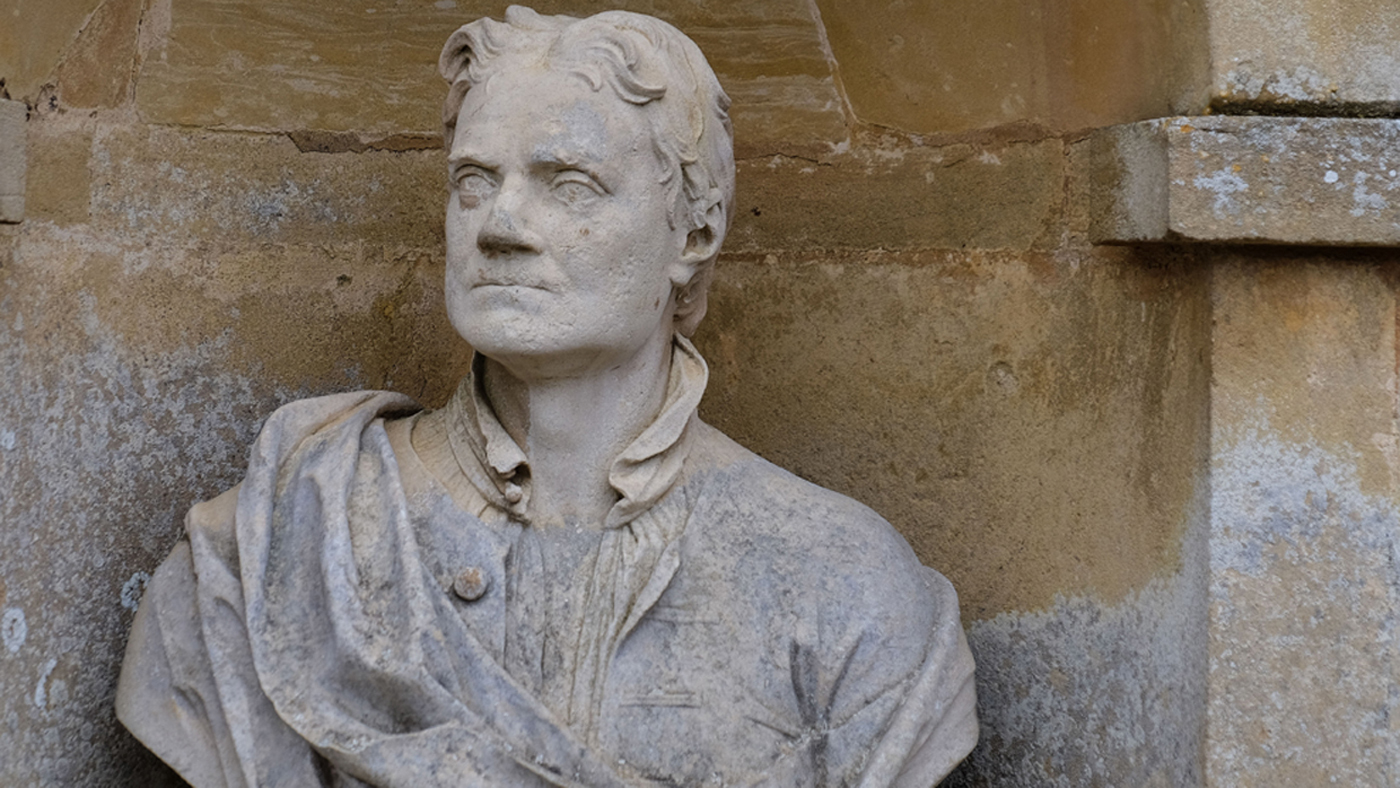

Newton had no time for atheism which he regards as “so senseless & odious to mankind that it never had many professors.” 20 Newton’s separation of science and theology “… the main Business of natural philosophy is to argue from phenomena without feigning hypotheses, and to deduce causes from effects, till we come to the very first cause, which certainly is not mechanical and not only to unfold the mechanism of the world, but chiefly to resolve these and such like questions.” 19 His endorsement of intelligent design can also be found in the second edition of Opticks, where Newton wrote, “And tho’ every true step made in this philosophy brings us not immediately to the knowledge of the first cause, yet it brings us nearer to it, and on that account is to be highly valued.” 18 In the fourth edition, he took this even further, saying: 17 So although Newton removed any explicit theologising from Principia, these latter remarks appear to support the idea in principle. This is followed by two more pages of theological philosophising, after which Newton concludes, “thus much concerning God to discourse of whom from the appearances of things, does certainly belong to natural philosophy ”.

This Being governs all things, not as the soul of the world, but as Lord over all and on account of his dominion he is wont to be called Lord God.

“This most beautiful system of the sun, planets, and comets, could only proceed from the counsel and dominion of an intelligent and powerful Being …. 15 This alteration was mitigated by the fact that, to all subsequent editions of Principia, he also added a short theologically explicit addendum entitled “General Scholium ”. So to what extent did Newton allow his theology to influence his science? Storr, following Keynes, 11 believes that Newton “regarded the riddle of the universe in theological terms.” 12 Even if this assessment is justified, Newton apparently disapproved of the only direct reference to God 13 in the first publication of Principia: “God placed the planets at different distances from the sun” 14 because in all subsequent editions, he changed it to “the planets were to be placed at different distances from the sun”. 9 It is therefore both surprising and significant to realise that Newton wrote more on theology than he ever did on science. 8 This book has been praised as the “most famous scientific work of all time”. 7 But his greatest literary masterpiece, published several years later in 1687, was Philosophiæ Naturalis Principia Mathematica (figure 1). 6 In these two years, he “formulated his basic laws of mechanics, his optical observations on the nature of light, the calculus, and the law of universal gravitation”. Most of Newton’s seminal work was completed “between the ages of 21 and 23”. Newton’s Principia Mathematica and Opticks Whilst it is not difficult to find evidence of Newton’s enthusiasm for the Bible, his theological views were often heterodox. But what were his actual beliefs and how did he treat Genesis 1–11? This paper will show that Newton’s writings on creation, chronology, and the Christian faith were sometimes enigmatic and less than orthodox. With a such a legacy it is only natural for creationists to seek to utilise Newton in support of biblical creation. 4 His intellectual impact in the world was such that, “it was not till a century after his death that men freed themselves from his authority sufficiently to do important original work in the subjects of which he had treated.” 5 3 As early as 1728, one reviewer even said that he was “the greatest man in the world, not only in this age, but in any age, since the world began”.

Newton has been called “one of the greatest creative men of genius who ever existed”, 1 the “high priest of science”, 2 and the “last of the magicians”. Isaac Newton’s own first edition copy of Philosophiæ Naturalis Principia Mathematica There is also reason to believe that Newton was possibly the first to advance the day-age theory, and inspired some of the earliest naturalistic reinterpretations of Genesis 1–11.Īndrew Dunn/CC BY-SA 2.0 Figure 1. But his less-than-literal treatment of Genesis 1–11 should make creationists cautious to appropriate Newton to this end. Moreover, his chronological writings do seem to allow for a world not much older than 6,000 years. Isaac Newton has often been cited as a six-day creationist or enrolled favourably in support of biblical creation.


 0 kommentar(er)
0 kommentar(er)
